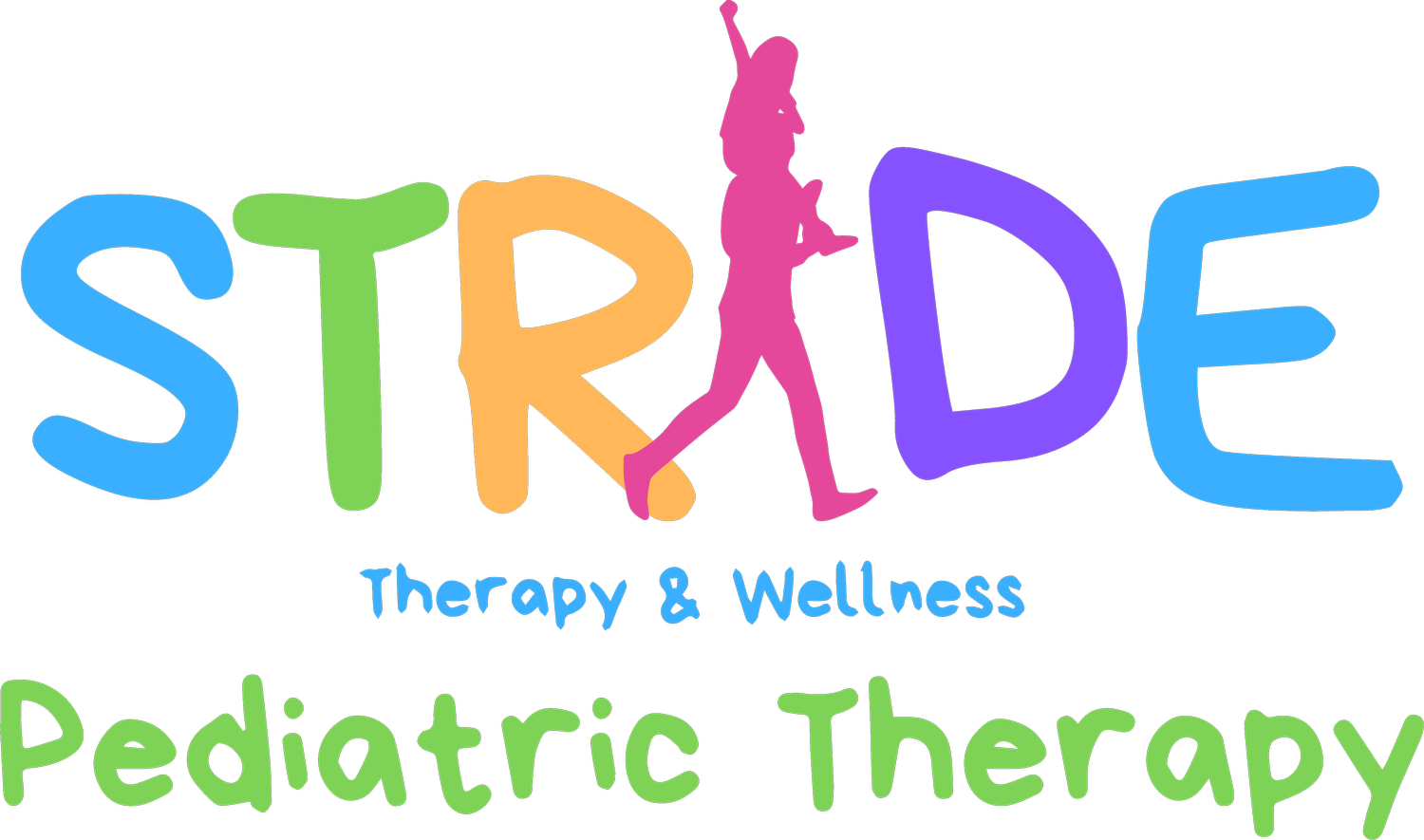What are Auditory and Language Processing Disorders?
As a parent, it can be difficult to navigate the world of speech and language disorders. One particular area that can be challenging is understanding the complexities of auditory and language processing disorders. In this blog, we will discuss what auditory and language processing disorders are, the signs and symptoms, and strategies for helping children with these disorders.
What are Auditory and Language Processing Disorders?
Auditory processing disorder (APD) is a neurological condition that affects how the brain processes sound. Children with APD may have difficulty processing and interpreting sounds, even though their hearing is normal. This can make it difficult for children to understand spoken language, follow directions, and learn new vocabulary.
Language processing disorder (LPD) is a condition that affects how the brain processes language. Children with LPD may have difficulty understanding spoken or written language, and may struggle with reading, writing, and spelling. LPD can also affect a child's ability to communicate effectively with others.
It's important to note that APD and LPD are two distinct disorders, but they often occur together.
Signs and Symptoms of Auditory and Language Processing Disorders
The signs and symptoms of auditory and language processing disorders can vary from child to child. However, here are some common signs and symptoms to look out for:
Difficulty understanding spoken language
Difficulty following directions
Difficulty learning new vocabulary
Difficulty remembering information
Difficulty processing information in noisy environments
Difficulty distinguishing between similar sounds or words
Difficulty reading, writing, and spelling
Difficulty with social communication
It's important to note that some of these symptoms can be indicative of other disorders, such as attention-deficit/hyperactivity disorder (ADHD) or autism spectrum disorder (ASD). If you suspect your child may have an auditory or language processing disorder, it's important to seek an evaluation from a licensed speech-language pathologist.
Strategies for Helping Children with Auditory and Language Processing Disorders
The good news is that there are strategies and interventions that can help children with auditory and language processing disorders. Here are some strategies that can be helpful:
Use visual aids: Children with auditory and language processing disorders often benefit from visual aids, such as pictures, diagrams, and videos. Visual aids can help children better understand and process information.
Provide clear and concise instructions: When giving instructions, it's important to be clear and concise. Break down instructions into smaller steps, and provide visual aids if possible.
Repeat and clarify: Children with auditory and language processing disorders may need instructions or information repeated and clarified multiple times. Be patient and willing to repeat information as needed.
Minimize background noise: Children with auditory processing disorders may have difficulty processing information in noisy environments. Minimizing background noise, such as turning off the television or moving to a quieter area, can help children better process information.
Use multisensory learning: Children with auditory and language processing disorders often benefit from multisensory learning. This means using multiple senses, such as sight, sound, touch, and movement, to help children learn new information.
Work with a speech-language pathologist: Working with a licensed speech-language pathologist is key to helping children with auditory and language processing disorders. A speech-language pathologist can provide individualized therapy and interventions to help children improve their communication skills.
Conclusion
Auditory and language processing disorders can be challenging for children and their families. However, with the right strategies and interventions, children with these disorders can improve their communication skills and succeed in school and life. If you suspect your child may have an auditory or language processing disorder, it's important to seek an evaluation from a licensed speech-language pathologist. With early intervention and support, children with these disorders can reach their full potential.
